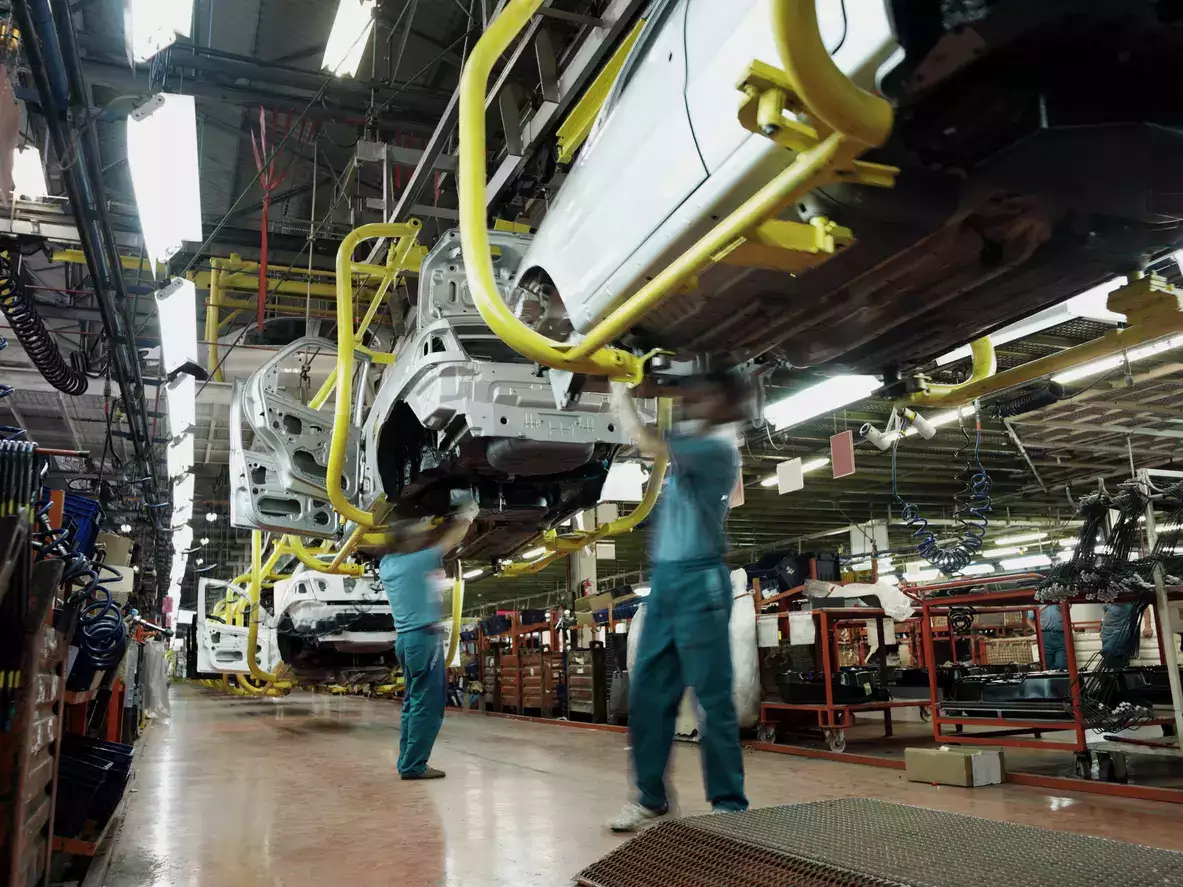
Though decarbonisation is an essential yet difficult to achieve target, Indian Auto Industry has to now work diligently on ESG issues (Environmental, Social and Governance) to sustain themselves in the coming years.
Leading auto OEMs like MG Motor, Ola Electric, Hyundai India, and others are actively working on providing sustainability through their products and also through their manufacturing of products.
Auto OEMs are working on sustainability
For Indian Auto OEMs now sustainability and environmental conservation has become their duty to fulfill.
The Auto Industry is currently working on carbon neutrality and sustainability through Power Purchase Agreements (PPAs) in which automobile manufacturers ensure the use of renewable energy through PPAs with their utilities. Another method is Energy Reduction and Reuse, where IIoT (Industrial Internet of Things) technologies help to optimize operations to reduce energy use and loss and reduce downtime. And the last via implementing eco-friendly processes in manufacturing units, believes Ravi Mittal, Director Manufacturing, MG Motor India.
MG currently utilises 60% of its energy requirements for its manufacturing operations at Halol (Gujarat) plant from renewable resources, which is the company's way of contributing in working towards becoming Carbon Neutral by 2029.
On one hand where MG is working on carbon neutrality via meeting energy requirements through renewable resources, Hyundai Motor India Limited, is also setting targets to achieve RE100 benchmarks by 2025.

“HMIL has set aggressive targets to achieve the RE100 benchmark by 2025, and currently fulfills 64% of its energy requirements using renewable sources,” said Puneet Anand, AVP & Vertical Head – Corporate Affairs, HMIL.
Not only passenger vehicle manufacturers are aiming sustainability, leading electric two wheeler manufacturer Ola is working on the same via its manufacturing and saving of water.
“We currently manufacture EVs and certain core EV components at the Ola Futurefactory. Located in close proximity to our Futurefactory, is our Gigafactory - our cell manufacturing factory. Both the facilities are equipped with a state-of-the-art water treatment plant that allows us to continue reusing the water,” said Ola’s spokesperson.
“The cell manufacturing at our Gigafactory is being done in a manner that all the extra energy used in the manufacturing of the cell, can be harvested and reused to power the factory. Furthermore, three of our direct and indirect suppliers are co-located in our EV hub in Krishnagiri district allowing us to reduce the need for transporting components from all over the country, further resulting in reduction of emissions,” spokesperson further added.
Future targets
“We aim to become carbon neutral in operation by 2029. Our initiative to establish a Miyawaki Forest, comprising 5200 plants, reflects commitment,” added Mittal. To achieve this MG’s manufacturing facility, works on including a zero-discharge plant using 100% treated water along with 12 recharge wells utilizing 100% cleaner fuel (PNG) in all processes and maintaining a zero-landfill site.
Hyundai’s globally launched, ‘Continue,’ emphasizes long-term positive societal change. “HMIF(Hyundai Motor India Foundation) focuses on three key pillars: Earth, Mobility, and Hope. The projects implemented under these pillars are aligned with United Nations Sustainable Development Goals,” said Anand.
Wet and dry waste from HMIL headquarters, along with waste collected from nearly 2,000 households, is sent to EcoGram for processing. Since its inception in October 2022, the project has helped curb 1.4 million kg of CO2 emissions. Along with that, Hyundai manufacturing facilities, located at Sriperumbudur in Tamil Nadu, India works on sustainability from manufacturing to factory operations via incorporating eco-friendly practices every step of the way.
Disclaimer: The copyright of this article belongs to the original author. Reposting this article is solely for the purpose of information dissemination and does not constitute any investment advice. If there is any infringement, please contact us immediately. We will make corrections or deletions as necessary. Thank you.





